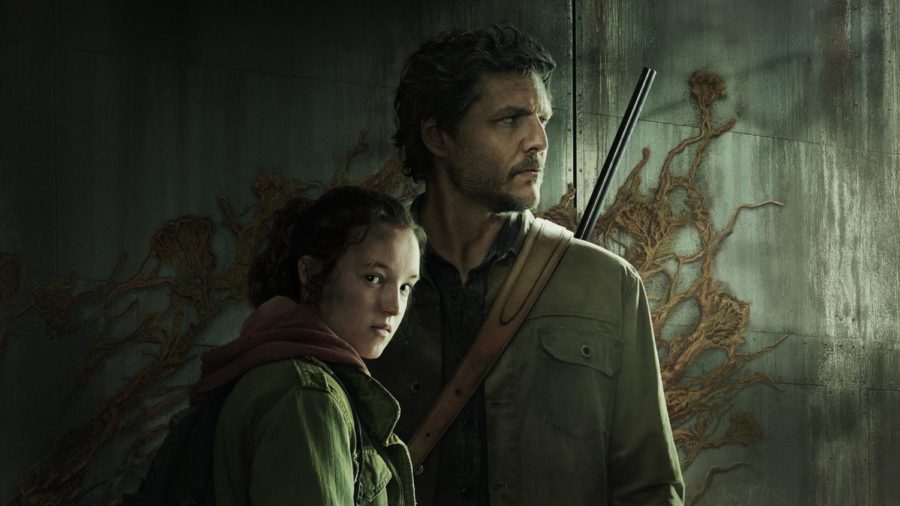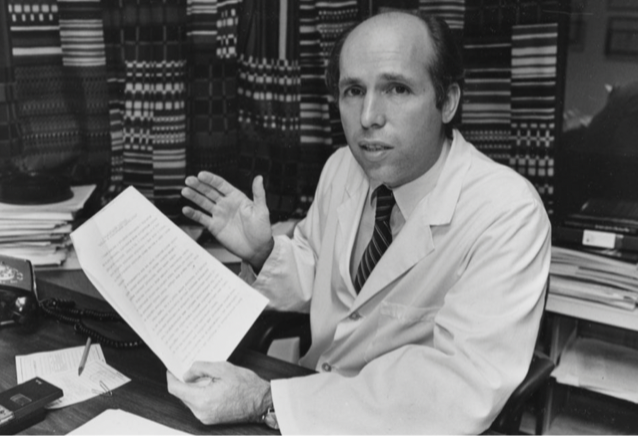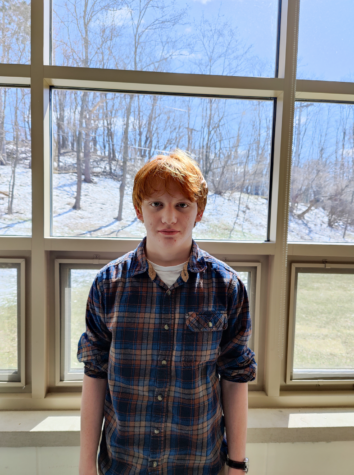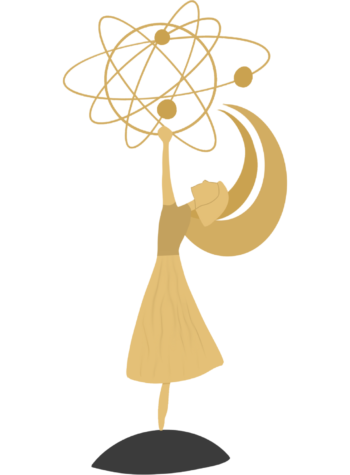Doctors, Diplomacy, and Nuclear War
May 3, 2022
James Muller is a Senior Lecturer of Medicine at Harvard Medical School. With a focus on cardiology, Dr. Muller has dedicated himself to preserving human life. With this compassion, and the context of a heating Cold War, Muller united Russian and American medical workers against nuclear catastrophe by co-founding the International Physicians for the Prevention of Nuclear War (IPPNW). This organization earned him the Nobel Peace Prize in 1985. He agreed to an interview with great concern for the striking parallels between today’s war in Ukraine and the tension with Russia that drove him to activism in the early 80s.
What makes the medical perspective on topics of war important?
“We have been dependent on military strategists for information on the human cost of a nuclear attack. This caused an underestimation of the… [possible] catastrophe. Strategists of the Cold War described ‘limited’ nuclear wars, where the casualty toll wouldn’t surmount 20 million. It is not only improbable that a nuclear exchange would remain limited, but the ramifications of a single bomb would have far worse consequences for humanity and our planet than these predictions suggest. We can’t advance past the stage of public denial unless professionals convey the true implications of nuclear war. Scientists theorize that, outside of the destruction caused by the initial blast, one detonation would create a giant cloud of smoke covering the Earth. The darkness would lower global temperature by 10 degrees Celsius for multiple years. A global famine would kill hundreds of millions. We physicians focus on the loss of human life, but it is important to also account for the thousands of species that would perish in the aftermath of human feud.”
What is the public’s role in preventing Nuclear War?
“The first step in reducing a threat is always going to be about recognition… people need to visualize the nuclear threat, a task much more complicated than it seems. We need to overcome this debilitating mass denial… and give more power to a centralized organization, like the UN, for maintaining international peace and stability.”
As a nation, are we giving appropriate attention to Ukraine?
“The violence in Ukraine is getting enough attention in America. Thankfully, the mainstream media… [is] doing a good job in revealing the realities behind this bloodshed. There are three problems. First, the violence in the Ukraine. Second the threat of nuclear war generated by the Ukraine violence. Third, the system of nuclear weapons that will pose repeated threats of nuclear war. At some point there will be a nuclear war unless humans are able to set aside war as a means of solving differences between nations.”
Do you think it’s possible for people to fully recognize the urgency of Nuclear War without experiencing it?
“It’s a test of human intelligence. Are we able to recognize a very possible threat or will it happen before we have a chance to come to our senses? Nuclear war is an abstract problem. Very difficult to imagine. Mass denial, that there’s the real issue. Working in the medical field, it is common to see patients who deny their cancer diagnosis. Some of them don’t even seek treatment. These people are told frankly that… there is a very real chance of death or debilitation. But when they have a sign of cancer some prefer to deny that it exists, like others deny that smoking will lead to a heart attack. Since we have denial of the nuclear threat on a worldwide scale, is it possible to rally people behind a threat they deny exists?”
The mental stability of a few isolated strongmen and their doomsday devices is the difference between life and nuclear annihilation. Furthermore, the use of these weapons would solidify humanity as a species incapable of settling differences non-violently. However, there is hope. Jim Muller accepted this interview because, despite all the hopelessness he encountered in his activist journey, he believes in the change that comes from youth. Mounds Park Academy harbors the next generation’s artists, engineers, doctors, lawyers, politicians, and voters. If we can communicate with each other and overcome our own denial by taking on the message Dr. Muller imbued into his career, then nuclear abolition may be an imperative ray of promise on tomorrow’s horizon.











